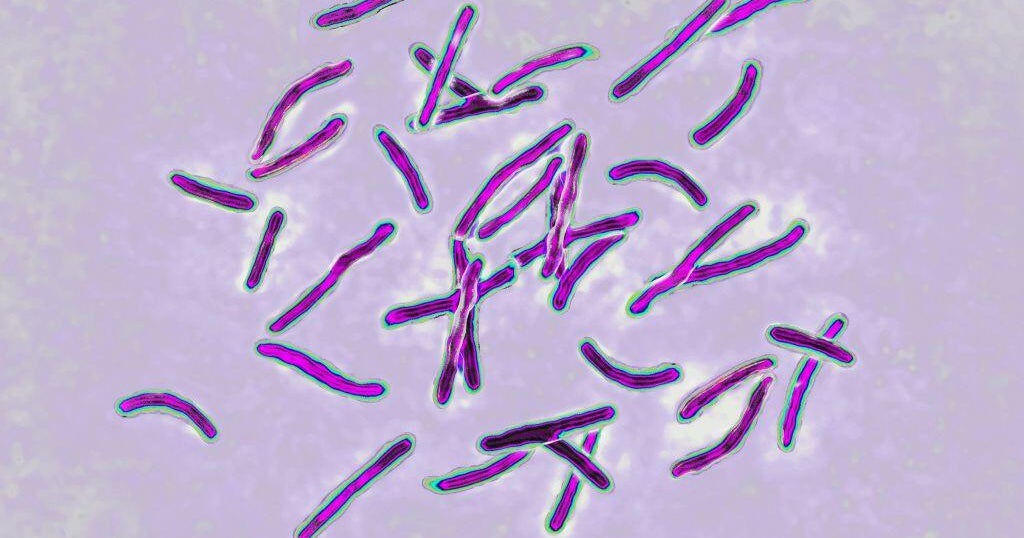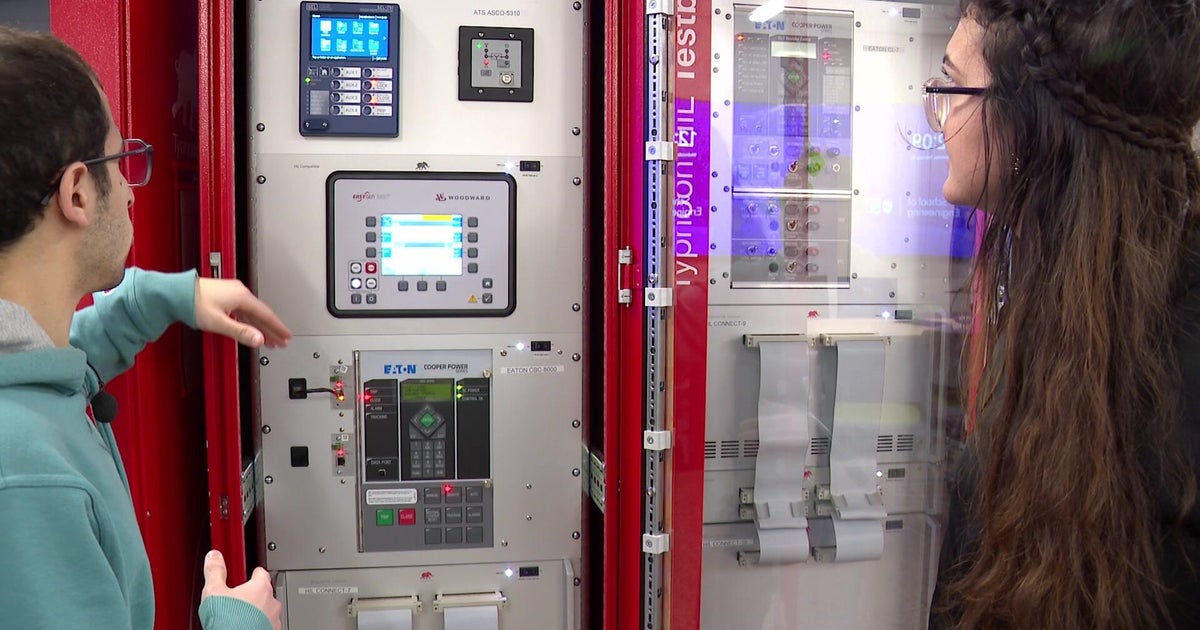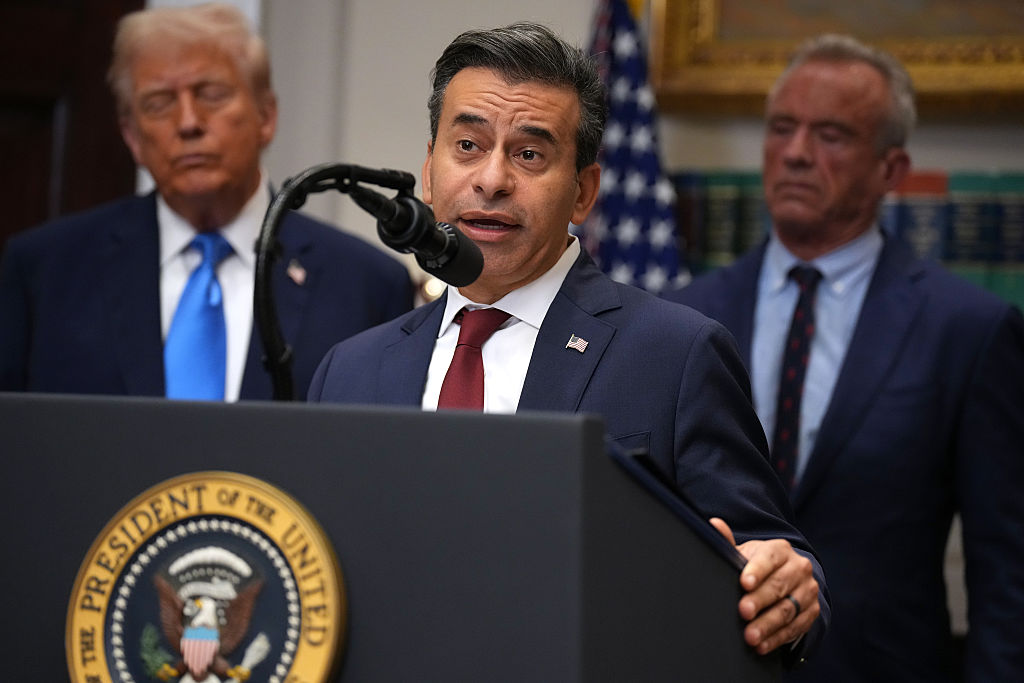Pandemic exposes drug supply shortages doctors have grappled with for "more than two decades"
A list put together by the University of Minnesota's Resilient Drug Supply Project shows that 32 out of 40 drugs deemed critical for treatment of COVID-19 patients are in short supply. The increase in demand is partly to blame, and has also exposed shortages of non-coronavirus drugs, from anesthetics to painkillers, that researchers say they have been struggling with for years.
"We had drugs on the shortage list for more than two decades," University of Minnesota Professor Stephen Schondelmeyer told CBS News' Anna Werner. "COVID-19 has kind of brought this to light."
Schondelmeyer said some drugs on the research project's list included "paralytics that they might use when they put you on a ventilator," while others are "as plain and common" as Tylenol's active ingredient, acetaminophen.
Teenager Ava Valdez is not a COVID-19 patient, but the 18-year-old said she's rationing her use of her albuterol inhaler, which she needs for her allergy-induced asthma.
"To have to wake up every morning and say, okay, can I use this thing that I desperately need and that will provide me immediate relief," she said. "It's really frustrating to not know whether or not I can have that."
Because of the pandemic, supplies of albuterol inhalers are running short. At least one manufacturer, Glaxosmithkline, said it has ramped up production of inhalers to meet increased demand.
"Not being able to breathe is the most stressful thing in the world," Valdez said.
According to healthcare services company Vizient, demand for three classes of drugs needed for patients on ventilators was 87% higher in April than in January, and just 57% of orders placed by its member hospitals could be filled.
Dr. Anthony Fauci told the House of Representatives in March that health experts have been looking at supply chain issues since 2005.
Fauci said then that "something like 90%" of the fundamental ingredients that go into many medications come from China, calling it a "real problem."
Rosemary Gibson, who co-authored the book "China Rx" on the risks of America's dependence on China for drug manufacturing, agrees with Fauci's assessment.
"China has a dominant global market share for so many of the core chemicals and ingredients," necessary for critical drugs, she said.
A Congressional research service report found that among other antibiotics, the U.S. gets 52% of its penicillin and 90% of tetracycline from China. The country also manufactures chemicals known as active pharmaceutical ingredients, or API's, which are key ingredients in drugs.
"When I say China controls our supply of medicines and dominates the world supply, it's not the finished pills that we take, but it's the core ingredients — the chemicals to make them," Gibson explained.
Drug manufacturers say they are working to prevent shortages, and PhRMA, a group representing drug companies, says its members make significant investments to ensure proper supplies of their medicines.
Still, Gibson predicts that if the issue is not addressed fully in the near future, the U.S. could face more shortages down the line.
"We'll be standing in line with other countries, scrambling to find critical medicines, just as we are for masks and other protective gear," she said.



